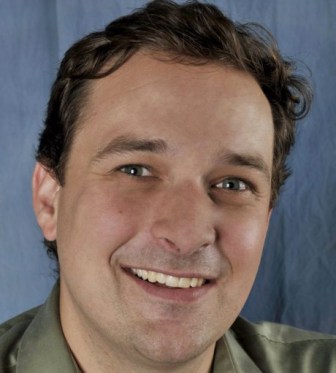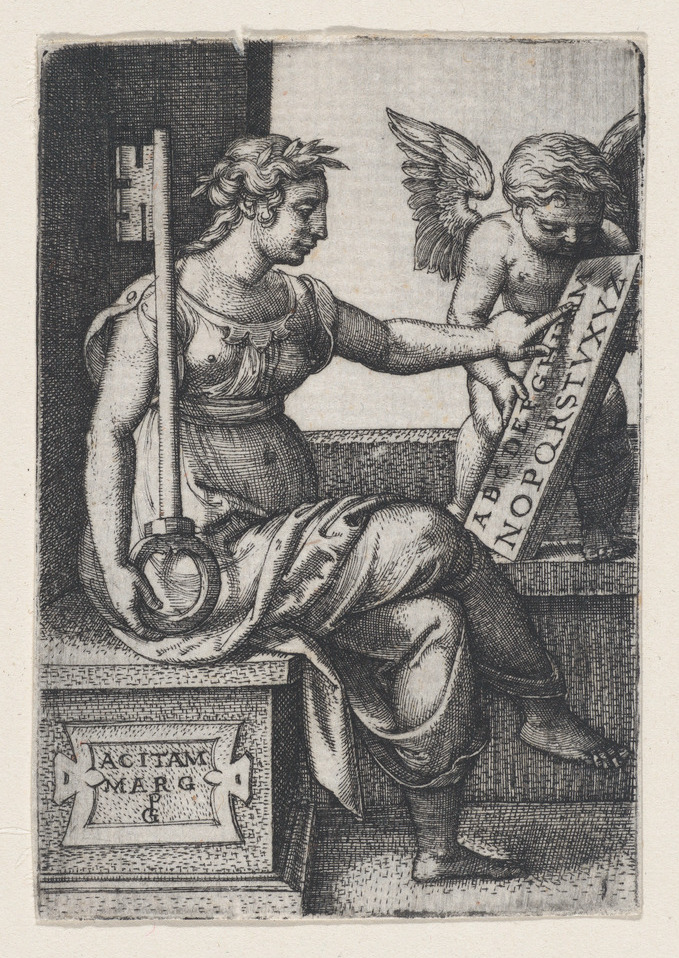In a recent communication, CSCU President Terrence Cheng let the faculty and staff of Connecticut’s State Universities know that in anticipation of budget shortfalls in the coming years, they should “engage” in an “academic program prioritization,” to “align academic program offerings with the needs of 21st century students and society.”
We know from President Cheng’s other communications and discussions that this means more certificate programs and majors related to health care, business, and technology.

At Western Connecticut State University, we already know the sorts of programs being put on the chopping block to make room for these new programs: WCSU’s administration has now recommended the outright closure of the majors in Anthropology/Sociology, Economics, and Social Sciences, and contemplating the closure of the Political Science program, thereby gutting the core of our liberal arts programming.
However, is starting narrowly defined career-ready certificate programs the best way to prepare our students for a 21st century economy? The evidence says no.
In today’s economy, our students will not have one future career, but many. The average American person now changes jobs 12 times in their lifetime and holds a single job for just over four years. According to Zippia’s survey of new jobs and career paths, only 21% of employees hold jobs related to their college majors.
What this means is that training students narrowly for a specific career path does not serve our students, because they will have many different careers in their life. It means that as coding or management paradigms change, our students will not have the knowledge or flexibility necessary to change careers.
What does prepare our students for a 21st century economy? The answer is: an American liberal arts education.
According to a survey from the National Association of Colleges and Employers, most employers want their employees to have a set of broad and general skills, including the ability to write clearly, analyze data, communicate well, work well in teams, and influence others. These skills are precisely those taught by the Economics, Anthropology/Sociology, and Political Science disciplines.
Certificate programs in coding or health-care management, the likes of which President Cheng has been promoting, will not inculcate all these skills evenly. Instead, our students, many of whom are the first-generation in their family to go to college, will graduate with narrow technical know-how but without the reading, writing, or public speaking ability, or the knowledge of economics or culture, to adapt to changes in economic conditions. Eliminating most programs in the social sciences at WCSU creates a college caste system, in which those students with the wherewithal, money, or connections to go to UConn or elite private schools get a full university education, and those without them will get a second-class education at our state universities, without the benefit of programs that have long been a staple of a college education.
Our public discourse has never been shallower than it is now. We are failing to teach our students the basics when it comes to civics, history, and writing. We are graduating students who do not meet the expectations of educated people nor the needs of civil society. The solution to this problem is not to double down on narrowly prescribed technical learning.
Training people for the jobs of the 21st century is important. Yet industries change rapidly, so we need more than 21st century employees. We need 21st century thinkers. We need 21st century leaders. If we want our young people to be employed, we must invest in a liberal arts education in our Connecticut state university system.
Wynn Gadkar-Wilcox is a Professor of History at Western Connecticut State University.


